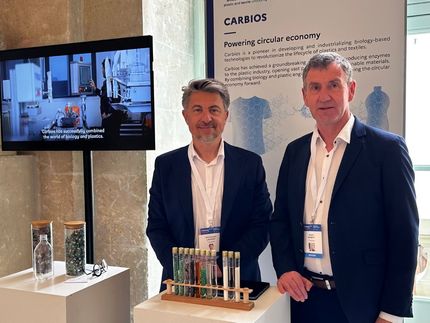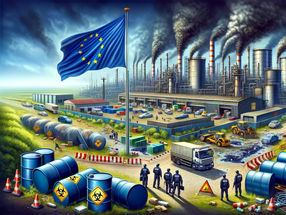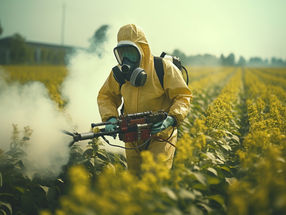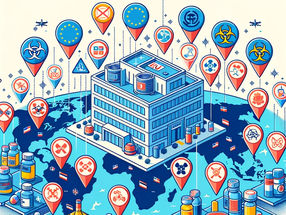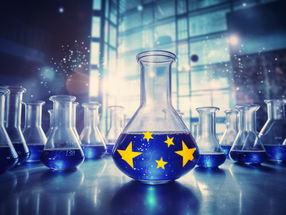SusChem puts sustainable chemistry into action
Implementing the research & innovation agenda for Europe
Advertisement
In Budapest, a set of proposals to implement an ambitious European research agenda for the chemical & biotech sciences developed by SusChem (the European Technology Platform for Sustainable Chemistry) was discussed and endorsed by a meeting of stakeholders. The workshop on the SusChem Implementation Action Plan (IAP) also looked at the ongoing role of SusChem, examined funding possibilities and debated the specific needs of new EU Member States.
The IAP activities are collected around themes of major importance for sustainable chemistry: bio-based economy; energy; health care; information and communication technologies; nanotechnology; sustainable quality of life; sustainable product and process design; and transport.
The IAP further outlines three visionary projects, introduced in the SusChem Strategic Research Agenda (SRA). These projects crystallised the possible future societal benefits of the proposed research. The IAP describes the key activities and partners for defining the concepts and planning the construction of a 'smart energy home', an 'integrated biorefinery' pilot facility for collaborative research and a 'F3 (faster and more flexible future production) chemicals factory'.
The need to create a supportive regulatory and financial environment for innovation and research was also emphasised. Finally, the future role of SusChem as a European networking body in chemistry and biotechnology was discussed.
Commenting on the meeting, Alfred Oberholz, Deputy Chairman of the Board of Management of Degussa and chair of the SusChem Board said: "SusChem is here for the long-term. SusChem's key goal remains to foster chemistry and biotechnology innovation in Europe. We believe that the network that SusChem has created is of value to all its stakeholders and society in general."
"From the Budapest meeting, SusChem will further hone the IAP document to define a coherent set of project proposals that could be submitted to the first calls for FP7 or pursued by other means," continued Oberholz. "The IAP maps out a programme of medium and long-term activity that will be constantly reviewed and implemented as appropriate."
A continuing public consultation on the IAP document will remain open until the end of October 2006. SusChem intends to publish the final IAP document by the end of the year.
The workshop concluded with a plenary contribution on future aspects of chemistry from Nobel Laureate Prof. Jean-Marie Lehn. Other distinguished speakers included Prof. Daoben Zhu of the Chinese Academy of Science and Patrick Hennessy, Director in DG Enterprise, European Commission.




